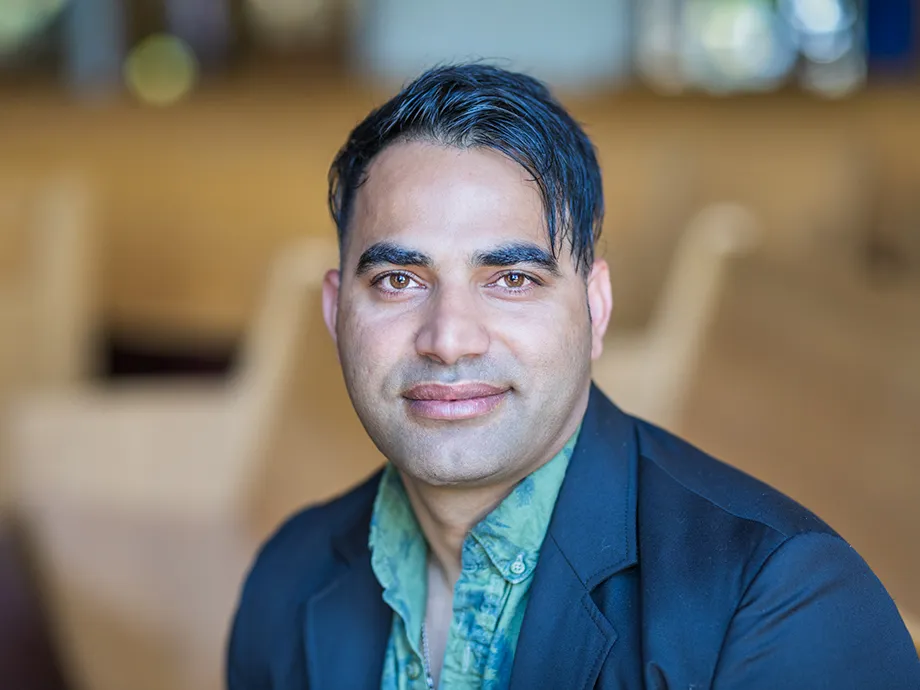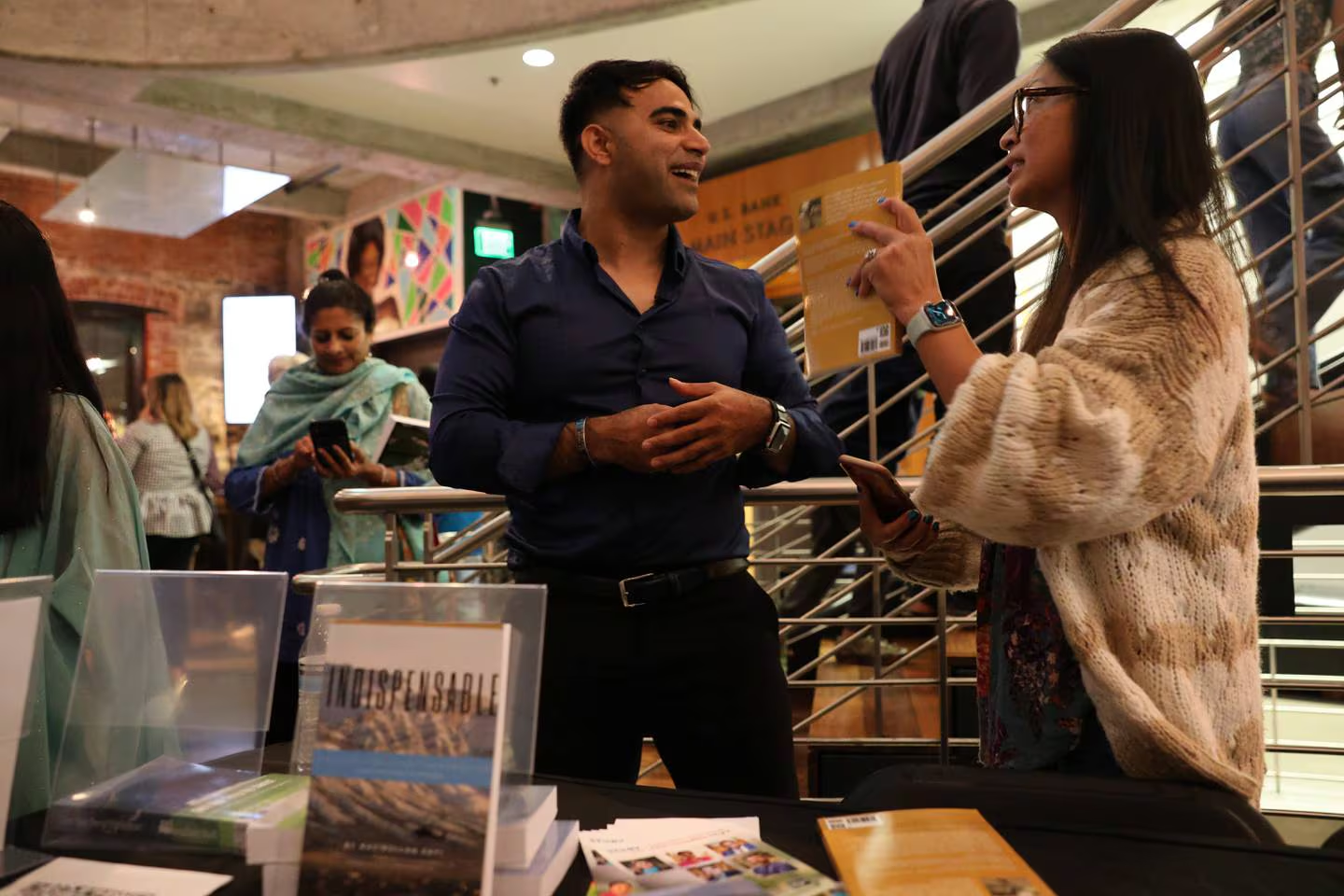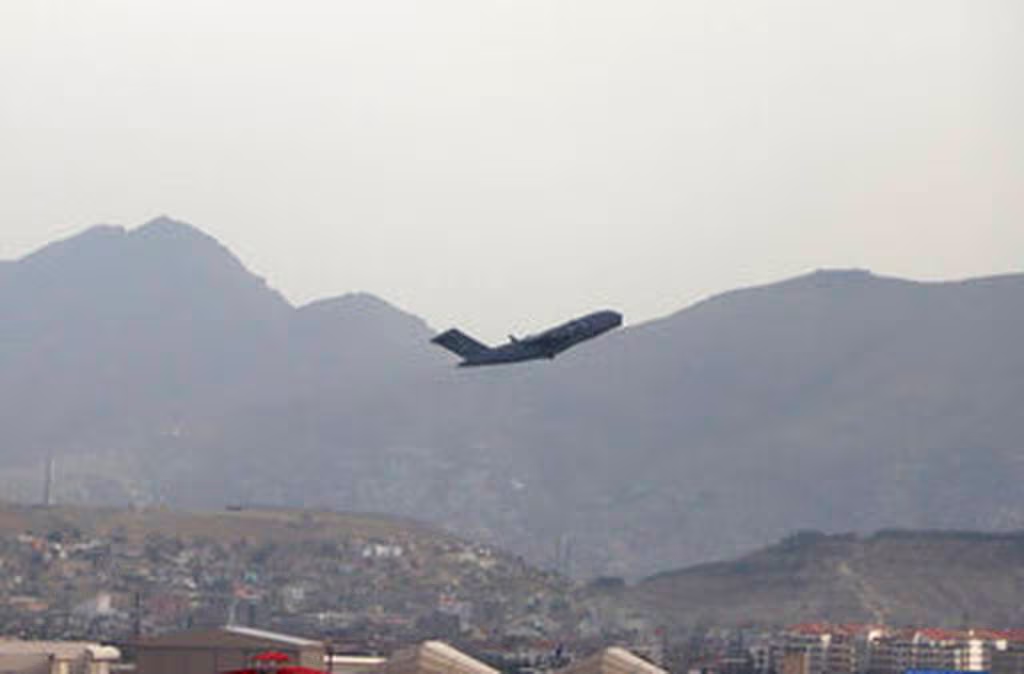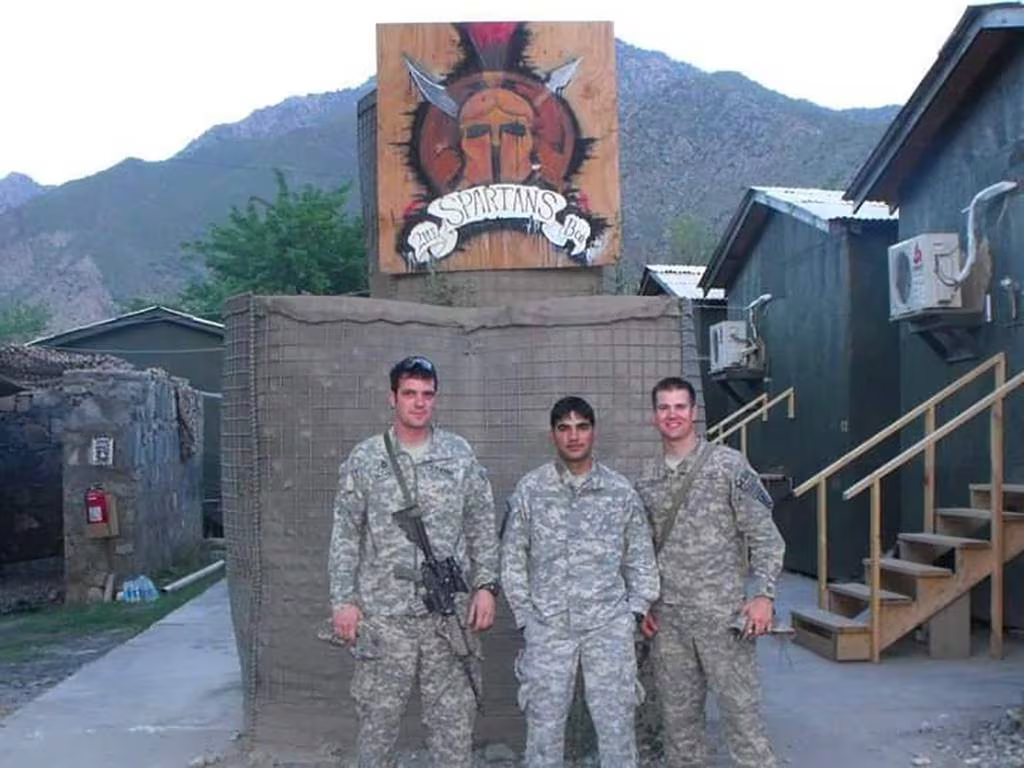When Nasirullah Safi walked to school every day, he was never sure if he would be able to walk back home. He would pass walls strewn with bullets and hear the cracks of gunfire echoing in the distance. The carnage would follow him into the classroom, where he, his classmates, and teachers would duck for cover amid firefights and rocket explosions. “I have been traumatized since I was born,” he remembers, “and I was born in the middle of a civil war.”
Safi was born on March 3, 1989, in a small village in Kunar Province, a mountainous region located in northeastern Afghanistan. His parents, neighbors, and the rest of his community were ethnic Pashtun farmers, cultivating corn, wheat, rice, and vegetables among the beautiful Hindu Kush Mountains.
Unfortunately, war tarnished the tranquility of Safi’s home. The Soviet Union had just withdrawn from Afghanistan following a decade-long conflict, and its enemies, Islamist militants collectively known as the Mujahideen, began fighting each other to seize control of the country.
In 1996, when Safi was seven years old, the Taliban, a faction of the Mujahideen, took over Afghanistan. They promised change and an end to the violence that had plagued the country. Because of this, the Taliban were warmly welcomed by many people throughout Afghanistan. Some even called them the “White Angels,” a term that Safi describes as being used for “good and honest people.”
“A lot was happening before the Taliban took power: there was a civil war, people were so tired, so traumatized for many years,” Safi says. “There was no family that didn’t lose some family members. People wanted change so badly, and when the Taliban took over, people thought that this was the change that they were praying for.”
However, Taliban rule quickly revealed itself as brutal, uncompromising, and authoritarian. The regime banned girls from attending school and implemented mandatory male guardians for women, which devastated Safi’s mother and sisters. The Taliban also appointed ultra-conservative clerics to positions in mosques and madrasas. Those who refused to follow the Taliban’s version of Islam were severely beaten and arrested, including Safi’s father.
In 2001, the United States invaded Afghanistan in response to the terrorist attacks of September 11. By this time, many Afghans had soured against the Taliban’s brutality, and when the regime collapsed that year on December 9, Safi and many others rejoiced.
“The Americans were very warmly welcomed,” he recalls. “When the Taliban government was gone, people were happy because a lot of changes happened. Millions of girls and boys were able to go to school. It was a totally different world.”
From 2001 to 2007, the Taliban virtually disappeared under the U.S.-backed Afghan government, and there was relative tranquility. Men and women went to school to become doctors, nurses, and members of other advanced professions, and American soldiers brought much-needed supplies to Afghan schools, including Safi’s.
“American soldiers started coming into our school. They supplied us with books, pens, and pencils because we didn’t have any of those,” he remembers. “We were not too far from their military base, and they would talk with our teachers through their interpreters. That’s when I decided to communicate with them. I wanted to learn English.”
“There is no Peace in Kunar Vallley,” says Nasirullah Safi in a live performance in Portland, Ore.
Safi began taking English lessons from a farmer in his village, but violence interrupted his studies yet again. In 2007, the Taliban accused a friend of Safi’s and his family of spying for the Americans. Militants broke into the friend’s house, slaughtering him and his entire family.
“They were brutally murdered,” Safi says. “I was a kid, and my mom said, ‘Don’t go to their house, stay at home.’ But I snuck out with other kids. We saw that they had been shot, and some of them were cut into small pieces. Their blood was everywhere.”
Terrified that they would be targeted by the Taliban, Safi and his family fled Kunar Province to the city of Jalalabad. They struggled to adjust to urban life. With few prospects for his family in Jalalabad, Safi decided to become an interpreter.
“One day, American soldiers showed up at our school, and I ended up spending the whole day with them. I asked one of their interpreters, ‘How do I get this job? I want to be an interpreter too.’ He explained that the military base nearby was looking for interpreters but that I would need strong English skills.”
When Safi went to the base and was interviewed for the job, he was rejected because he was under 18 years old. Undeterred, he came back later with a forged birth certificate stating that he was 18. He passed the interview and had to take difficult written and oral exams in multiple languages.
“We went through a whole process that involved a screening, background check, and medical exam, as well as very tough exams in English, Pashto, and Dari. Somehow I passed them. I don’t know how I did it; I just closed my eyes and went for it,” he says.
At the end of 2008, about a month after he was accepted as an interpreter, the U.S. military sent Safi to Combat Outpost Monti, a base in his home province of Kunar. He was assigned to Charlie Company, 10th Mountain Division, where he met Kevin DeVine, who would become one of his closest friends.
Alongside DeVine and the men of Charlie Company, Safi served as an interpreter and cultural advisor. He would communicate with local elders, gather intelligence about Taliban positions, and inform his compatriots about Pashtun customs.
“I was there to create a bridge between local populations and the American soldiers,” Safi explains. “I was from the same province as those around us, and I was very good at understanding the local culture, traditions, and norms that people had. So, I was describing all of it to the Americans.”
Safi’s missions were dangerous and often included fatalities. The Taliban shot at him and his American comrades whenever they left their base.
“I was in combat over 1,000 times,” he remembers. “In July 2009, we were ambushed up in the mountains. The insurgents fired a rocket-propelled grenade, and I was hit with shrapnel. One of my buddies got killed in the same firefight.”
Safi recovered from his wounds, continuing his duties as an interpreter and cultural advisor. At the end of 2009, Charlie Company was rotated home to the U.S., which was emotionally hard on Safi.
“When I spent a year with my very first unit, I was attached to them so badly,” he says. “I remember going to the airport and spending hours with them. We were all emotional. You spend every moment of your life with these people, and they are leaving you to go home. You never knew when you would meet them again or get out of the country alive.”
Wanting to reunite with his friends and eager to leave Afghanistan, Safi applied for a Special Immigrant Visa (SIV), which the U.S. government issued to people who had served as interpreters for American forces in Afghanistan and Iraq. But the visa was slow to arrive. Every day, he checked the status of his application. The webpage would always read “A.P.,” or “Administrative Processing.”
Finally, after seven years of waiting, Safi received an update on his visa status in 2016. It was from an official appointed during the Reagan administration for whom he had briefly interpreted. The man told him to pack his things and that someone from the American embassy in Kabul would reach out to him about immigrating to the United States.
“The ‘A.P.’ changed after seven years. It was a miracle,” Safi exclaims. “It didn’t change by itself. My Army friends in the units that were back home started reaching out to people in the government. The Assistant Secretary of Defense for the Reagan administration got involved. My friends told him, ‘Remember this interpreter? He’s still in Afghanistan, we’ve got to do something for him.’ And they did.”
Safi flew from Kabul to India and then to Texas, where he met his friend Kevin DeVine. The two then flew to Martha’s Vineyard in Massachusetts, where DeVine’s mother lived. Safi ended up living with her for two years until 2018, when he moved to Oregon after visiting a friend there.
Safi has created a fulfilling life in the United States. He enrolled at Oregon State University, earning an Associate’s Degree in Medicine. He currently works as a case manager at Salem For Refugees, a nonprofit that helps refugees from around the world settle in Salem, Oregon’s capital city.
However, the Taliban’s takeover of Afghanistan in August 2021 devastated Safi and his American friends. The same foe that they had fought side by side against and shed blood to defeat over many years had assumed power.
“I was shocked, surprised, and heartbroken that the Afghan government collapsed as fast as it did,” Safi remembers. “I don’t know how to put it into words.”
Still, Safi has hope for Afghanistan’s future. After living most of his life surrounded by violence and experiencing the Taliban’s brutality firsthand, he feels the pain, hopes, and aspirations of his family and friends back home.
“I hope Afghanistan becomes a peaceful country for everybody,” he says. “I hope it becomes a country where women and men can have self-determination, and where girls can go to school. I know that Afghans do not want war. They are tired of war, and this country has been through a lot. They want physical and emotional peace, as well as a bright future for their families. This is what I am hoping and praying for.”



